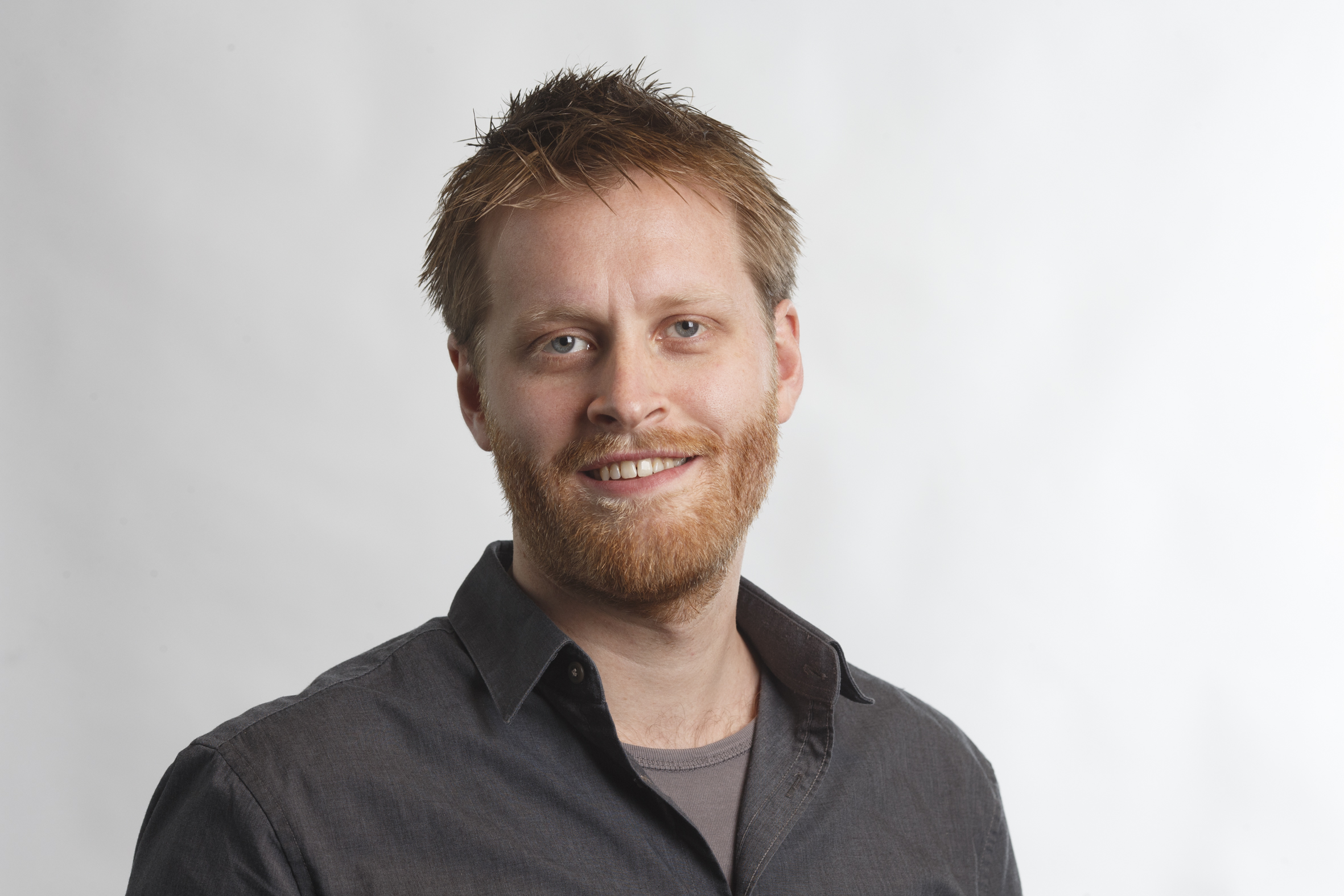Joost Oude Groeniger
Assistant Professor
Research group
Social Epidemiology
I am developing a vibrant research group dedicated to issues surrounding health prevention and health equity. Using my professional roots in public health and sociology, I uncover transdisciplinary insights that can be used by various stakeholders to develop effective, sustainable and equitable health promotion strategies. To do so, I draw on qualitative and quantitative research methods, and collaborate with scholars in public health, epidemiology, sociology, medicine, economics, psychology, demography, arts and culture, and public administration.
My key expertise concerns understanding the societal causes and consequences of health inequalities, with a specific interest in how health and health-behaviours are influenced by various environmental-level contexts, such as physical, economic, social, cultural, and institutional factors. As an expert on quantitative research methods, I often apply advanced statistical techniques, such as causal mediation analysis, multilevel analyses, and difference-in-differences analysis. Yet, I also strongly believe that qualitative research methods are needed to understand the lived experiences of various societal groups and to better align health promotion efforts to the contexts and lifeworlds of those groups. Therefore, I steer my research group to engage in mixed methods research, where quantitative evidence is combined with insights from qualitative methods, such as focus groups, in-depth interviews, and group model building.
I firmly believe that tackling health inequalities requires collective solutions outside the medical domain. This perspective has proven to be well-suited for academic innovative research with substantial societal relevance. This is evidenced by a combination of various competitive research grants and academic publications together with knowledge dissemination through public outlets and active engagement with policy and practice. The various dissemination materials tailor-made to different audiences that I develop from my research findings aim to solidify the societal impact of my academic endeavours and contribute to tackling the major health challenges of our times.
Erasmus Medical Center Rotterdam
Internal post address Na-2401
P.O. Box 2040
3000 CA Rotterdam
Visitor address:
Erasmus MC
Room no.: NA-24th floor
Dr. Molewaterplein 40
3015 GD Rotterdam
Please find below a selection of my recent projects (clicking on the names will take you to the project webpages):
– Prevention action line of the Erasmus Initiative ‘Smarter Choices for Better Health’
– GIOS: Gids voor Integraal Obesitas preventiebeleid: een Systeemaanpak
– Changing a fatalistic narrative about tackling socioeconomic inequalities in health
Please find below a selection of my teaching activities:
Course coordinator: Principles of Public Health (NIHES)
Coordinator group assignment ‘de wijk in‘ (Minor Public Health) (link to illustrative news item)
Teacher in various courses of the Bachelor and Master Medicine (Erasmus MC)
Curriculum development ErasmusArts2023: Team Groei & Ontwikkeling I
In deze video leg ik uit wat de preventie paradox is en waarom dit een cruciaal principe is waarmee rekening moet worden gehouden in de ontwikkeling van effectief preventiebeleid
See this series of videos on mediation and moderation analysis:
Begin 2022 klonk het startschot van een programma waarin basisscholen in Rotterdam-West ontbijt aangeboden kregen om te zorgen dat alle kinderen in de klas een gevulde maag hadden. Gefinancierd door de Gemeente Rotterdam en gecoördineerd door Stichting Geloven in de Wijk zijn in anderhalf jaar tijd ongeveer 150.000 ontbijtjes op deze scholen verzorgd. In opdracht van de Gemeente Rotterdam zijn wij gevraagd om de impact van het schoolontbijt programma in kaart te brengen. Hierin beschrijven wij de brede effecten van het ontbijtprogramma op de leerlingen, ouders, leraren, de thuissituatie en de schoolomgeving.


